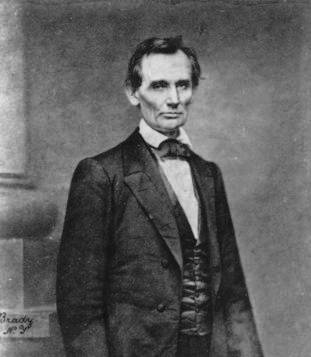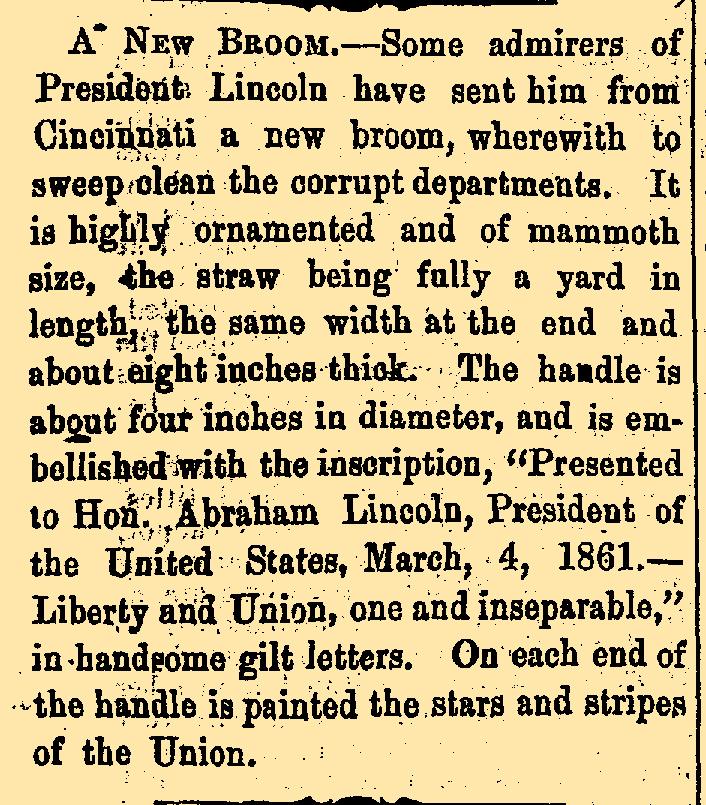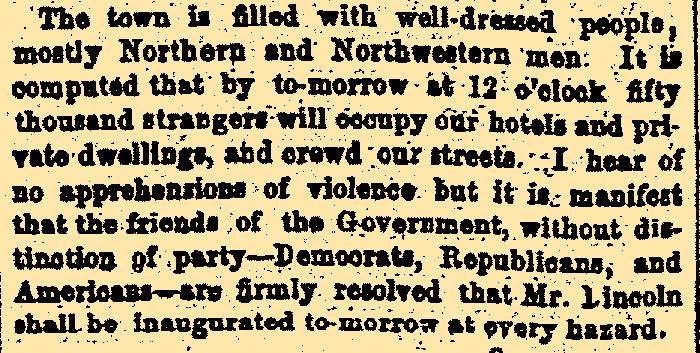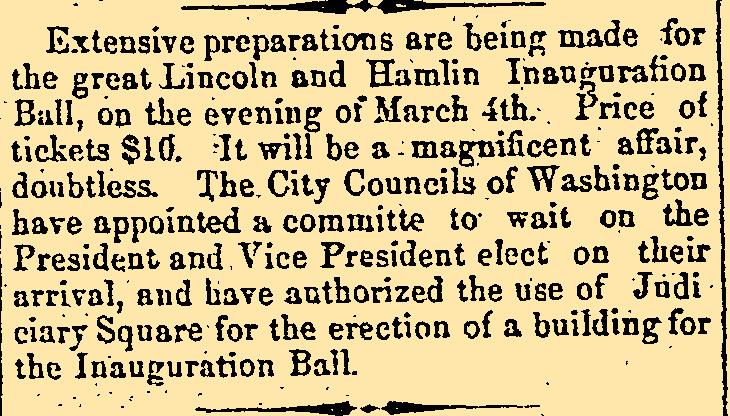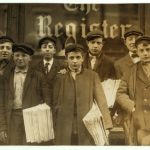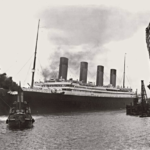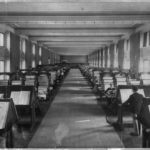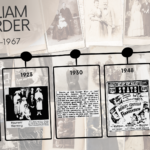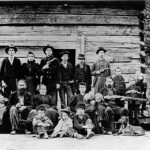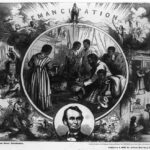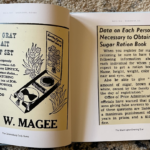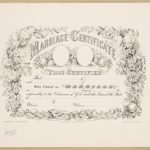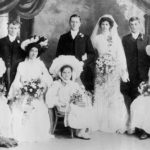During a time of considerable unrest in American history, there was a much-loved central figure who changed the course of this country’s future and guided its people through the civil war – Abraham Lincoln, the 16th President of the United States.
In high school American history class, we learn about the animosity between the North and the South during the 1860s. How the South hated Lincoln, and he was constantly on the watch for assassins. Obviously, prior to the start of the war, his popularity in both the North and the South was more prominent. He won the presidency! But what were the feelings that surrounded his vote into office in 1860?
Abraham Lincoln was the first elected president from the newly formed Republican Party. The party had been established for less than ten years, and the Democrats discredited their competition. Journalists touted the Democrat’s division gave Lincoln the win in 1860.
Rather than choosing one candidate to run, a disjointed Democratic party chose three candidates: John Bell from Tennessee for the Constitutional Union Party, John Breckinridge from Kentucky and Stephen Douglas from Illinois represented the southern and northern factions for the Democrats, respectively.
By the time Abraham Lincoln’s inauguration day arrived on March 3, 1861, America was a vastly divided nation. The Wisconsin State Journal described the event and attitude of all those there as “irrepressible jollification.” However, there was obvious tension in the air as many from the South had threatened to disrupt the event.
The worries were justified. A newspaper in Marysville, California, from early 1861 reported there was cause for alarm. Ogilvie Byron Young gave a powerful and threatening rant to a Charleston crowd taunting, “Caesar had his Brutus…and Abraham Lincoln will have his assassin whenever he attempts to stain with his foul touch the consecrated chair.”
This was undoubtedly a pivotal time for a young country, and strong measures were taken to subdue the inauguration proceedings to protect the President. Cannons were placed along Pennsylvania Avenue, and sharpshooters were atop buildings scouring the crowd.
Lincoln’s address worked to secure support from the Northern States while trying not to alienate the Southern States. While the speech was powerful, the seven states that had already seceded since his election were then joined by another four shortly after his inauguration.
Written perspectives from countrymen at the brink of war while swearing in a new President at this pivotal time is captivating reading. Even in some Southern States, there was much support for Lincoln, begging citizens to strive for peace.
However, The Weekly Sun from Columbus, Georgia, significantly cut down Lincoln’s speech to make him appear foolish, while The Southern Banner reacted at the uncouth nature of the crowd in attendance at the inauguration, describing them as “rough, vulgar creatures never before seen in Washington.”
Like all moments in history, no matter their level of significance, there are always noteworthy perspectives to gain with a bit of digging. What other inaugural facts and faux pas are waiting to be discovered? Sign up for your free trial to unleash the possibilities only available through access to an archive of historical newspapers with content that is 90% exclusive to NewspaperArchive.com!
